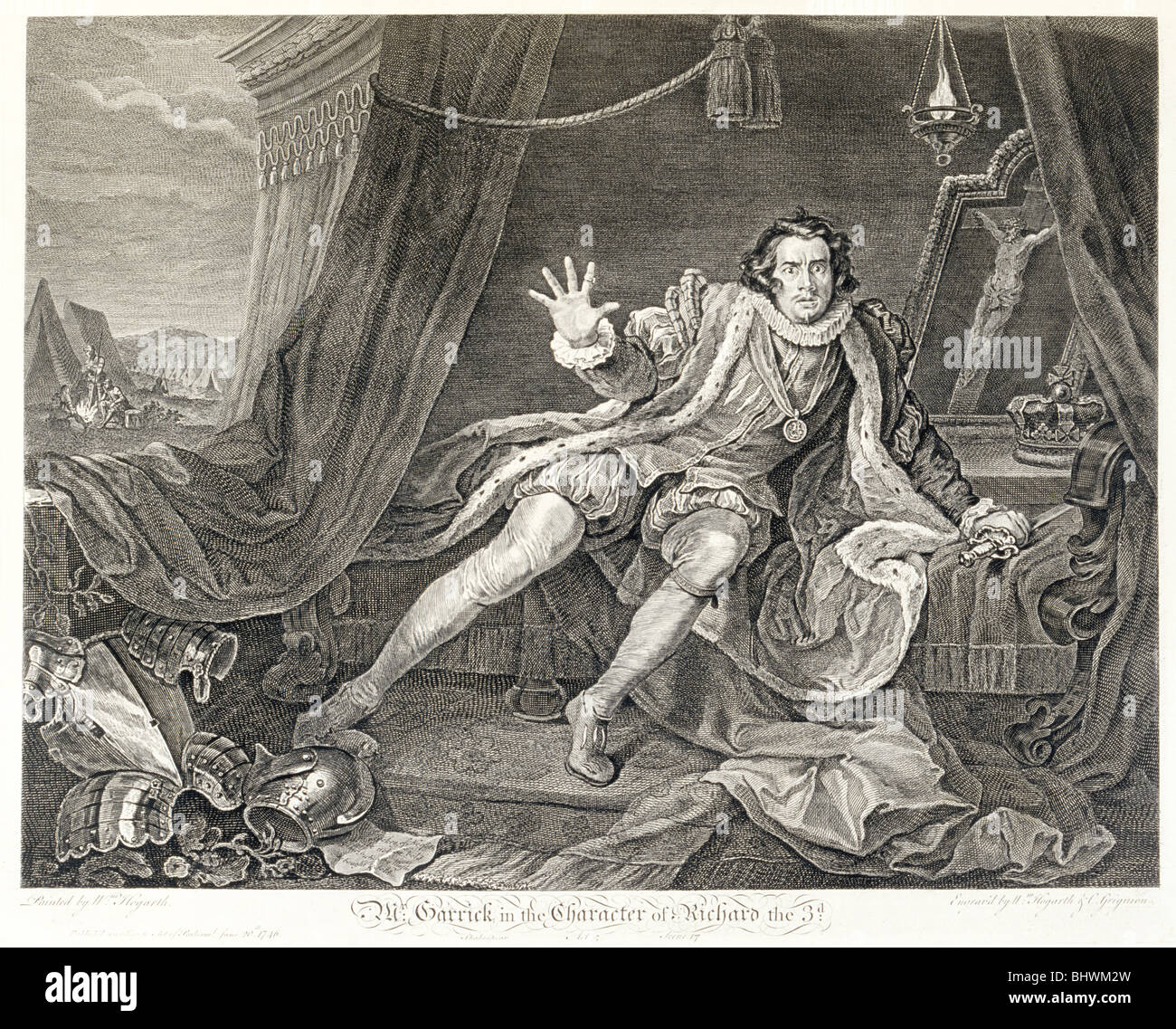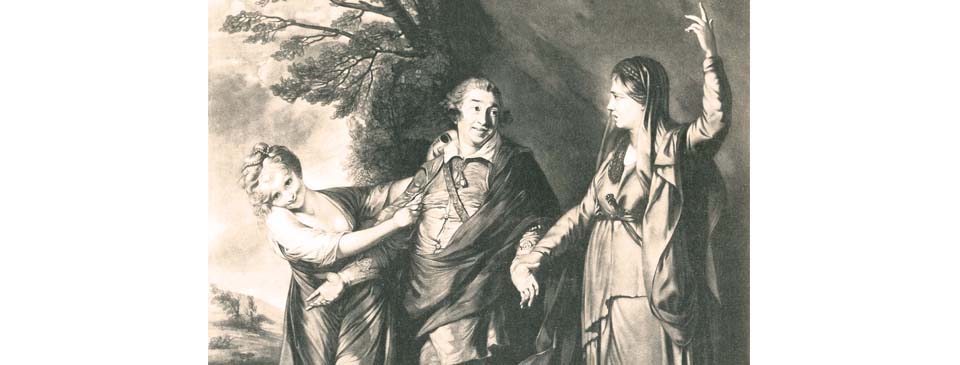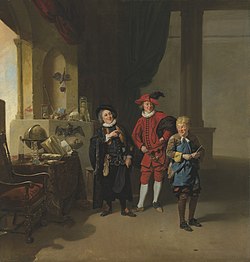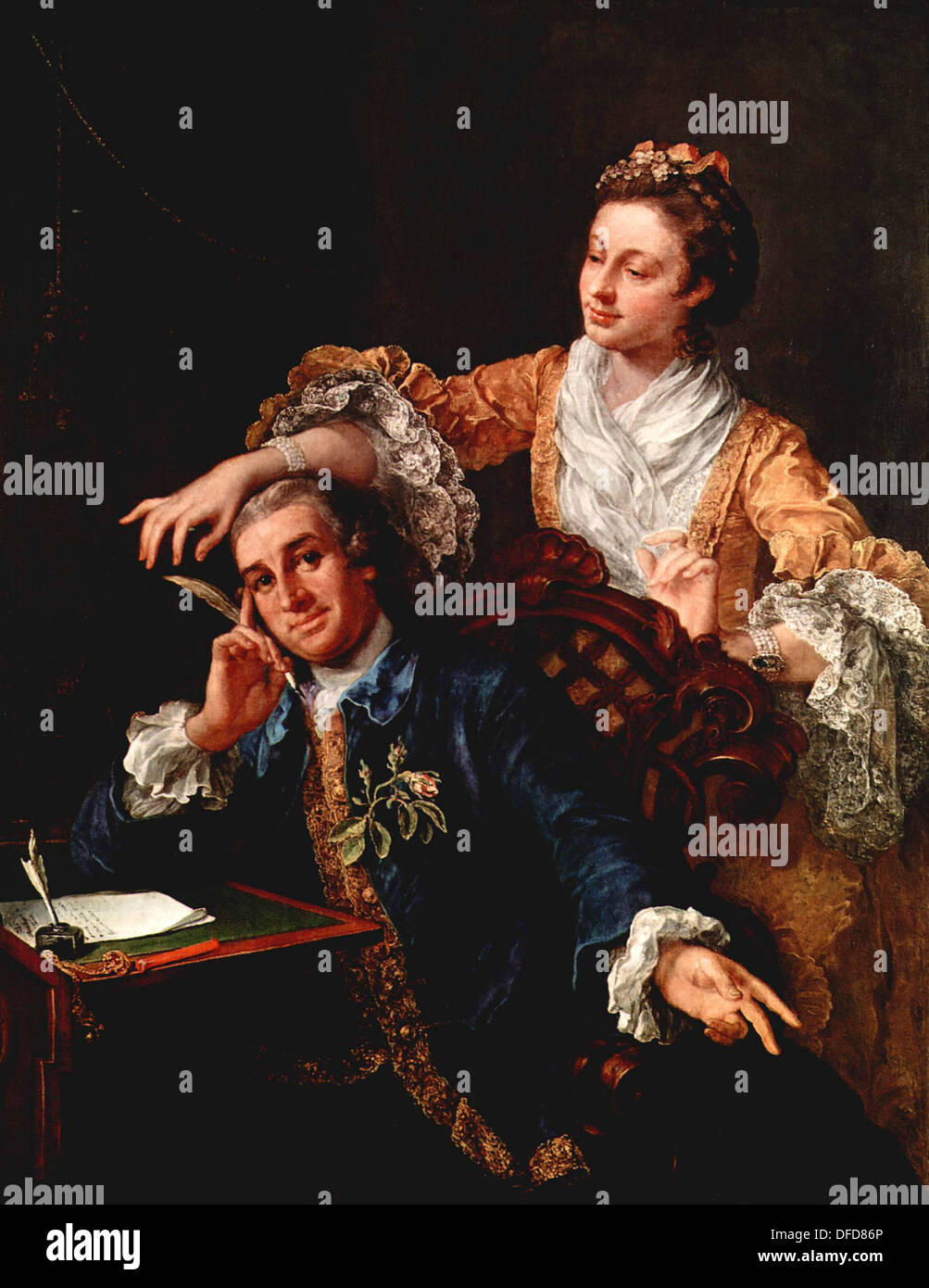David Garrick was an 18th-century actor and theater manager who is widely considered to be one of the greatest actors in the history of English-language theater. He was born in Hereford, England in 1717, and began his acting career in the 1730s.
Garrick was known for his naturalistic and realistic acting style, which was a marked departure from the more stylized and artificial acting styles that were popular at the time. He was also known for his ability to portray a wide range of emotions and to convey complex psychological states through his performances.
One of the key characteristics of Garrick's acting style was his focus on naturalism. He believed that actors should strive to be as true to life as possible in their performances, and he worked hard to develop his skills at conveying naturalistic emotions and behaviors on stage. This approach was in contrast to the more formalized and stylized acting styles that were popular in the 18th century, which tended to rely on exaggerated gestures and expressions.
Garrick's acting style was also notable for its emotional depth and range. He was able to convey a wide range of emotions, from joy and happiness to sadness and despair, with great authenticity and conviction. This ability to portray complex psychological states was a key part of his success as an actor, and helped him to connect with audiences on a deep emotional level.
In addition to his acting skills, Garrick was also a skilled theater manager and producer. He was instrumental in modernizing and improving the quality of theater in England, and his influence can be seen in the development of the modern theater as we know it today.
Overall, David Garrick was a pioneering actor who revolutionized the way that acting was approached and performed in the English-language theater. His naturalistic and emotionally-charged acting style continues to inspire actors and theater-goers to this day, and his contributions to the world of theater have left a lasting legacy.








